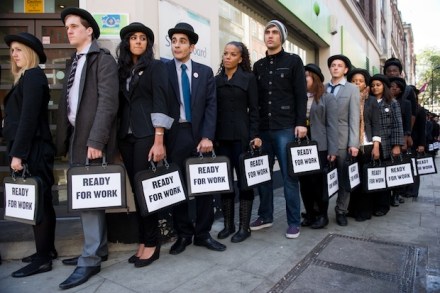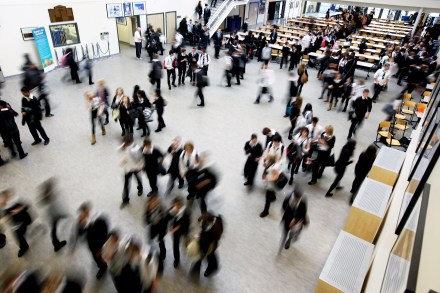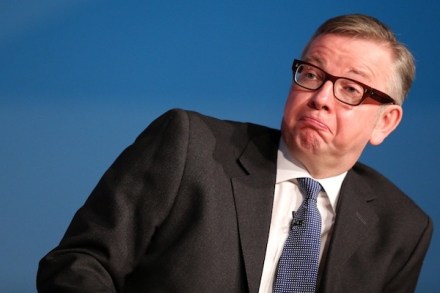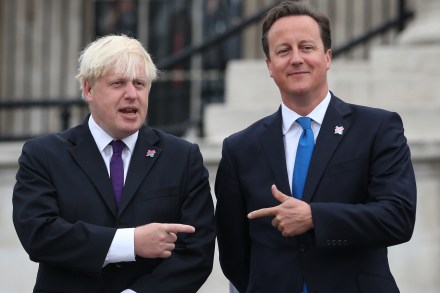Super-sized primary schools will damage education standards
This morning, as parents were getting their children ready for their first day at school, the Education Secretary was taking to the airwaves. To many parents, who will be sending their children into overcrowded classrooms, they will be astonished by the complacency shown by Michael Gove. David Cameron’s Government has created a crisis in primary school places, of its own making; with a forecast shortfall of places of 240,000 by 2015. Michael Gove has no business grandstanding about his record. He and David Cameron cut schools capital spending by 60 per cent on taking office – twice as much as the cuts to other departments’ capital budgets. In fact, the cut to



















